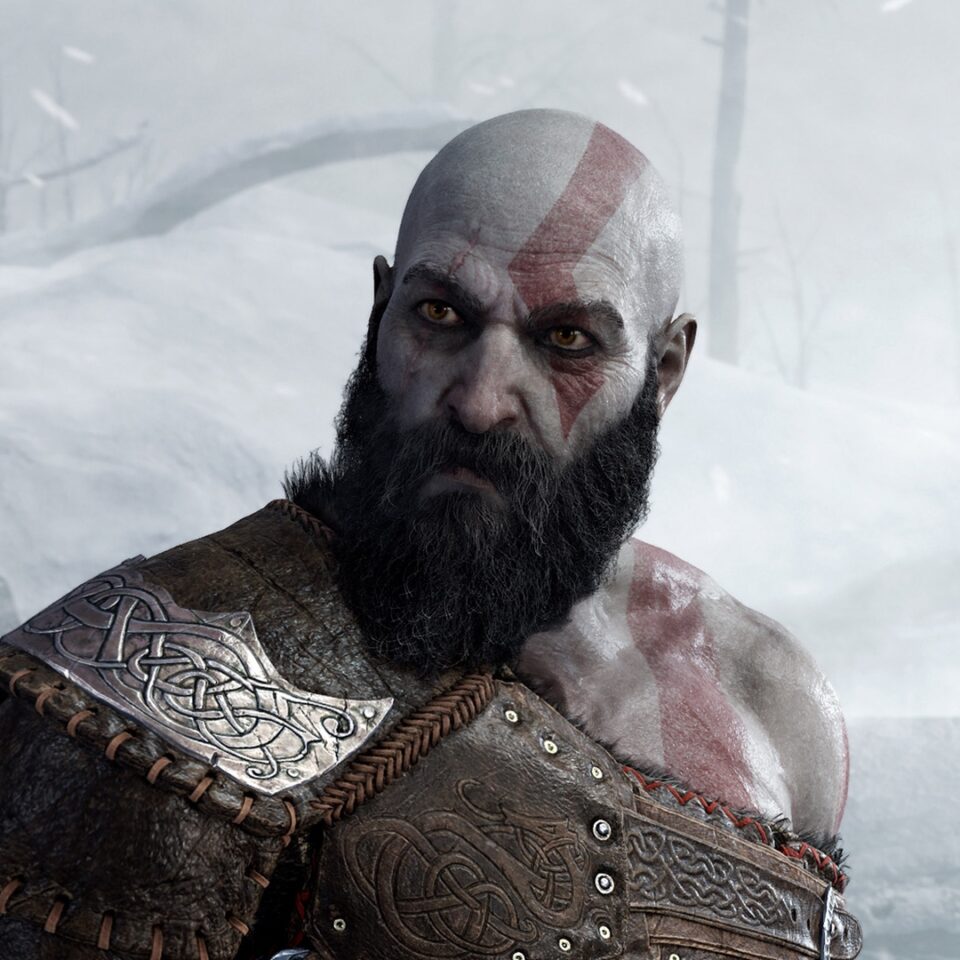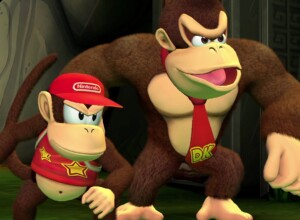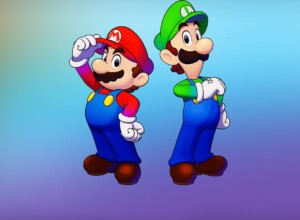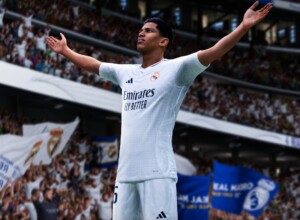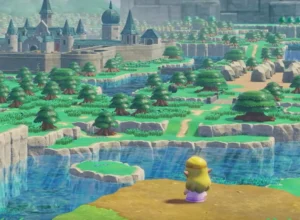Ragnarök foretells the death of many Norse gods, and here, possibly the God of War series itself. Would it make a fitting farewell for the Ghost of Sparta?
God of War Ragnarök picks up roughly three years after the last game, and the years have been cold. The land of Midgard has been refrigerated by something called the Fimbulwinter, and the place has slipped well beyond its sell-by date. Now is the season of numbing frosts and fatherly discontent. Our heroes, once again, are Kratos, a former god of war, whose red go-faster stripe of a tattoo is getting more ironic by the day, as his frame creaks like a snow-burdened tree. And his sprightly son, Atreus, who likes nothing better than to talk, to see the world, to stoke the furnace of his own curiosity, and, if possible, to melt his father’s emotional defences, which are only slightly less impenetrable than Fimbulwinter.
This time round, the cast list has swelled. We have Odin, who is played by Richard Schiff. Fans of The West Wing will detect a hint of Toby Ziegler creeping in, as Odin meets with a host of Dwarves. “It’s me, your entire economy speaking,” he says, before stressing the importance of being “on-time, on-budget,” and leaving with a weary lament: “Bureaucrats.” There is also Heimdall, an imperious bully with blonde plaits. And best of all is the drum-bellied Thor, whose muscles have slackened in a sea of drink, and who has a grudge against Kratos. In the previous outing, Kratos and Atreus slayed Thor’s sons, Magni and Modi, in self-defence; now he is bent on revenge, tussling with his foe in the firmament. It is the first and most thrilling boss fight in the game, and it even leaves a bolt of lightning permanently laminated in ice. “You think you can come here, become a daddy, get a clean slate?” Thor says. Leave it to the guy with the hammer to hit the nail on the head.

That question hangs over God of War Ragnarök. The game looks back on the older entries – at what Thor calls “the ‘Ghost of Sparta’ thing” – on the PlayStation 2 and 3, and fixates on a theme shared by another Sony blockbuster, The Last of Us: Part II. Namely, whether a cycle of violence can ever be truly broken. Can Kratos the god-killer really shed his old deeds, meet a good, Eddafying woman, and settle down; or will his old deeds coil all the way round from the past and bite him in the present? More to the point, do we care, given that (a) the cycle of violence begets some pretty cool combat, and (b) the narrative is just as eager to break away from Kratos and follow Atreus?
Not that there are any actual breaks. The camera still pokes and lunges through the action without a single cut, leaving us, it must be said, a little fatigued by the end. Last time, the illusion that the tale unwound in a single take helped to hone the urgency and focus of the central quest – scattering the ashes of the boy’s deceased mother from a lofty peak. Here the pair’s mission is decidedly more complicated and fractured, and you feel the difference between the breathless and the merely puffed out. However, Atreus is worth following, given that he ventures where his father cannot. Periodically throughout the story, he peels away from Kratos and pursues a few leads of own, and, for the first time, we control him. The lad, now a young teen, is half-god and half-giant; what is more, he has lately acquired the name of Loki, and, along with the crack and slide of his voice, puberty is serving up a raft of optional extras.
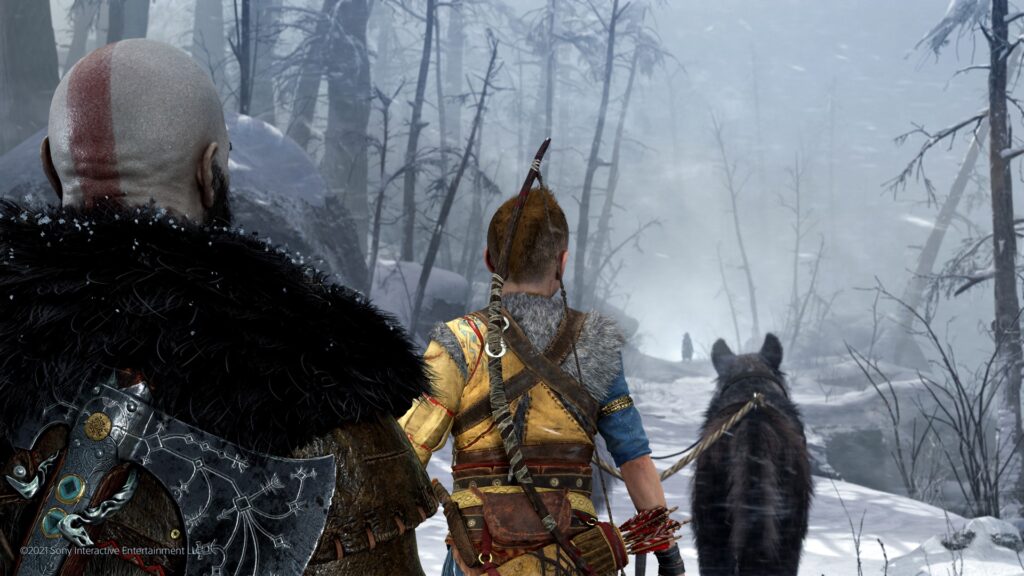
He now has the ability to assume a couple of bestial forms, one of which I won’t reveal, the other being that of a wolf. Initially, this is less a flourish of lupine empowerment than it is a hormonal hiccup; he stresses and panics his way onto all fours and suffers a sudden outbreak of fangs and fresh pelt. This comes in handy for two reasons. First, it boosts his combat proficiency. Ordinarily, he relies on his bow and arrow, pelting enemies from afar, but when he goes all Teen Wolf he makes short and well-chewed work of them. Second, he seems to be picking up newer and newer tongues as he goes; we see him chatting with his father’s wolves, though sadly their responses aren’t clarified by the subtitles, and later on he even converses with a very self-possessed sword.
As is often the case, I couldn’t help but think of Link. In The Legend of Zelda: Twilight Princess, he took on a similar brand of lunacy to Atreus, trouncing opponents with a crunch of his canines and howling melodically at the moon. His transformation also let him speak with his fellow-animals, but the result lent a democratic heft to his mission; not only were we let in on the troubles of lowly critters, but they lent a rustling texture to the end of the world. In God of War Ragnarök, such lowliness is not permitted. Characters keep talking about the rumble of approaching cataclysm, but it feels as if the only thing under threat is the epic stage on which its major players strut and bellow. We never get a grip on the lives of ordinary folk. The closest we get are the Dwarves, but, though they dwell in humble and Hobbity villages, they appear to be just as magical as most of the gods wandering about. And don’t even get me started on the Elves.
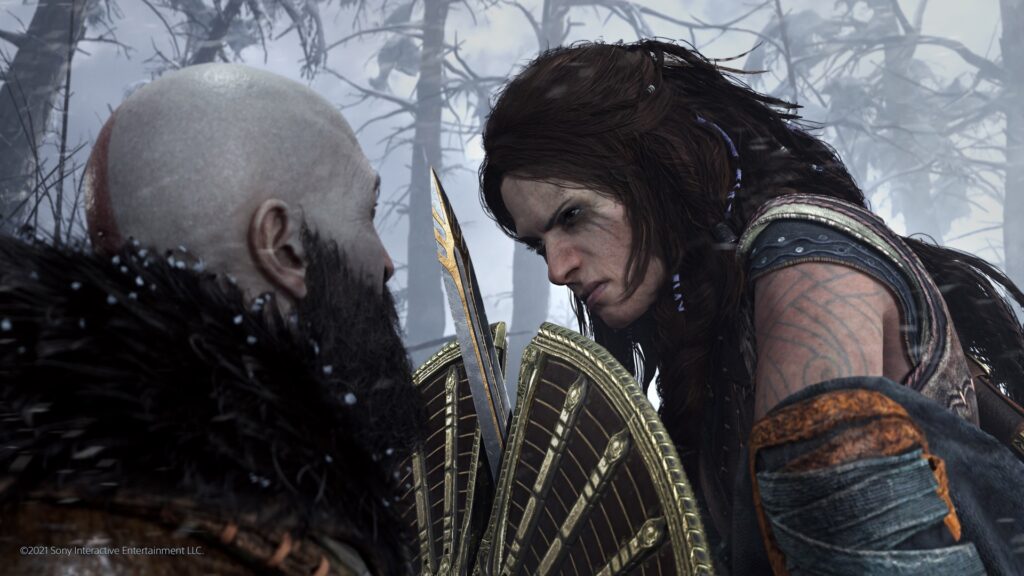
All of which makes it a little rich when Odin broadsides Kratos: “In your lifetimes, has anyone ever worshipped you? Ever prayed to you? Can you even imagine that kind of love? No . . . you don’t care about mortals.” Well, excuse me, but where were you at the start of God of War II, in which an army of oiled-up Spartans laid siege to Rhodes in his name, crying up to the heavens in the hope that he would notice? I miss the way that the old games were steeped in mortal woes, and how the whims of the gods lashed down from on high. Say what you will about the Ghost of Sparta thing, but the fact is that there were more regular people in that bustling opening than in both of the newer games combined.
Still, there is much to relish in God of War Ragnarök, starting with the sights. Asgard, for one thing, is worth breathing in. It sits at the top of the world, cradled in sheer stone and lapped by seas of cloud. Plus, the clear view it affords of the land below is a treat, soothing all that unrest into a wet sweep of green. It’s the kind of vista that would grace an advert for a nasal spray. Meanwhile, my vote for the most creepy-captivating scene of the year goes to the one in which Kratos meets the Norns, the fates of Norse mythology. They take the form of three toady sisters, whose eyes glow a ruinous gold, and they like to hang out at the bottom of a lake, finishing people’s sentences for them.

Then, there are the clashes. Kratos packs his trusty axe, along with the Blades of Chaos, and he even goes back to his Spartan roots with a flashy new spear. The combat in these two recent releases has weight, maybe a little too much. God of War used to be like a Westernised Devil May Cry, all combo counters and whippy excess; nowadays, each fight is a mini-saga. That certainly befits the shift in tone that the developer, Santa Monica Studio, is going for, but it also means that you might (like Kratos, I suppose) grow tired of battling well before the credits.
And what of the credits? Is this the final curtain for God of War? Given the autumnal state of our hero, and the way the plot whispers of his prophesied end, you feel as if this could, and maybe should, mark the close of this celebrated series. Kratos has surely earned it. The problem is that he has earned an awful lot more besides for Sony, and whatever the Norns might say there is, unfortunately, a force more powerful than fate: finance. Indeed, as you behold the mammoth ambitions of this game, the care and craft that has gone into its every nook, and the exhaustive spell of its fiction, you feel relieved and drained. But the Ghost of Sparta will never be at rest.
Game: God of War Ragnarök
Platform: PlayStation 4, PlayStation 5
Developer: Santa Monica Studio
Publisher: Sony Interactive Entertainment
Release Date: November 9, 2022
